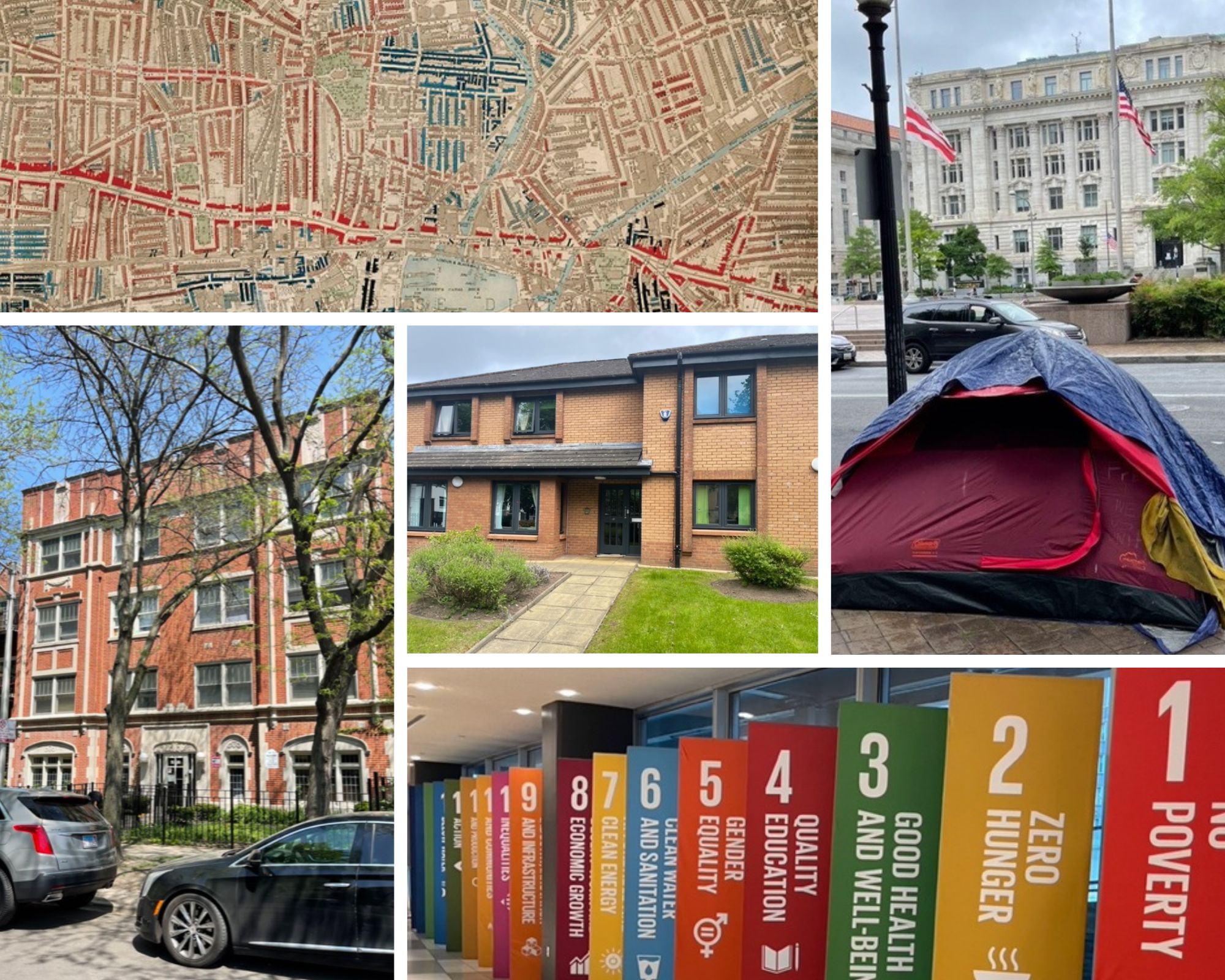The role of local governments in addressing homelessness in Australia differs significantly from other countries. Though they typically do not provide direct homelessness services, local governments are uniquely positioned to support local efforts to end homelessness due to their close proximity to the issue. Here are additional details on how local governments can be effective stakeholders in efforts to end homelessness.
Recommendation 1: Utilise the Ending Homelessness Local Government Guidelines
Adopt the guidelines developed by Churchill Fellow Leanne Mitchell to guide local government efforts in ending homelessness.
Drawing on local and international experience, Leanne’s research, undertaken in the UK, US and Canada, fills a gap in knowledge regarding the role of local government in homelessness response. The report includes a set of guidelines and case studies that will help build effective whole-of-community responses, for use in Australia and overseas.
Read report
Recommendation 2: Declare the ambition to end homelessness
Leadership often requires taking the first step. The Adelaide City Council in South Australia and Port Phillip Council in Victoria were among the first in declaring their ambition to end homelessness in Australia. Local governments in successful jurisdictions abroad have also led the debate and declared their ambition to end homelessness. Australia lacks a national policy ambition to end homelessness, and local councils can play a crucial role in shifting this narrative.
Recommendation 3: Focus efforts on ending homelessness
While local governments may occasionally need to engage in crisis responses, their primary focus should be on long-term solutions. This involves creating local Zero Projects, financially supporting these initiatives and fostering community collaboration. Local governments should avoid direct service delivery and instead contribute as:
- Convenors: Bringing communities together
- Coordinators: Service coordination and multi-agency case conferencing
- Improvers: Supporting system integration and prevention efforts
- Advocates: Promoting transparency in data and outcomes
- Funders: Supporting the above activities, including backbone work.
Recommendation 4: Develop resources to make it easier
State-based Local Government Associations, the Australian Local Government Association and the Council of Capital City Lord Mayors (CCCLM) should develop tools and resources to facilitate local government engagement in homelessness efforts.
Recommendation 5: Establish a capital cities dashboard
The CCCLM should collaborate with the AAEH to create a centralised real-time/monthly homelessness public dashboard for capital cities. This dashboard would outline the status of efforts to end homelessness and support advocacy initiatives.


